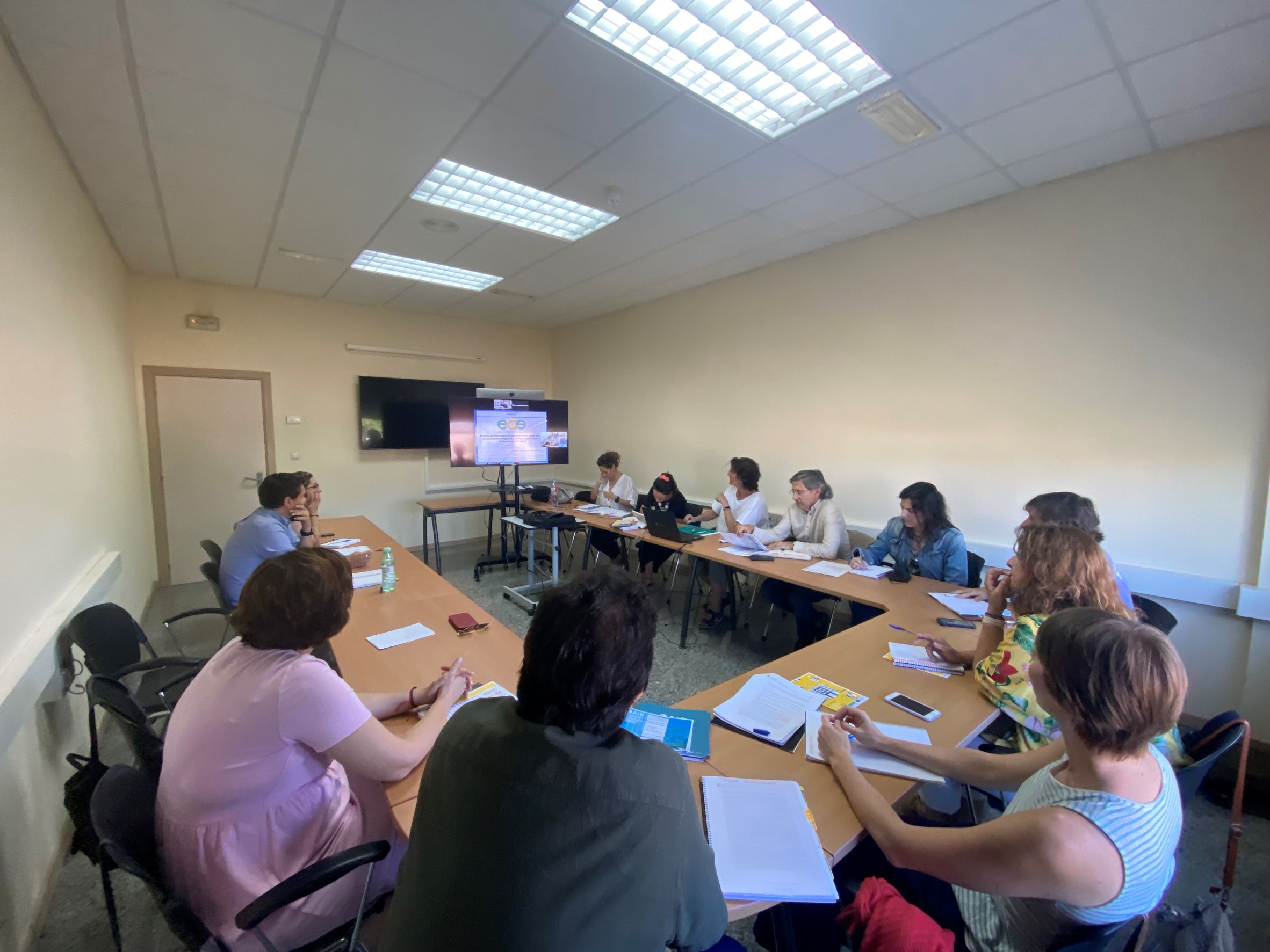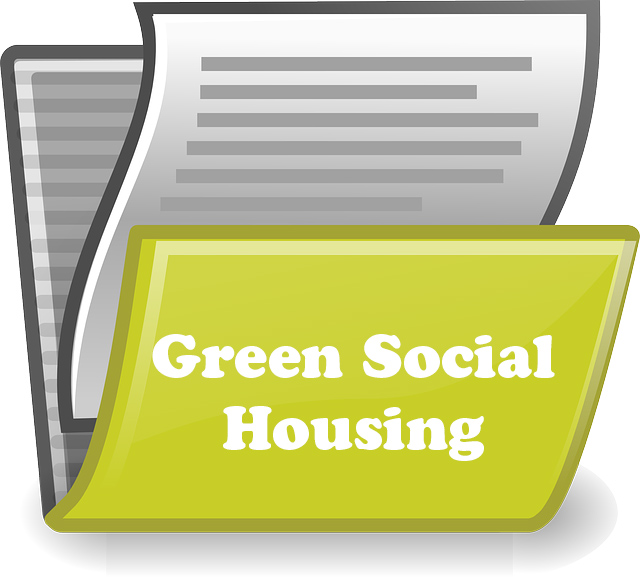Social Green: Reducing energy poverty by promoting a low-carbon economy
Improving European, regional and local policies to promote energy efficiency and the use of renewable energy in social housing through interregional cooperation is the main goal of the Social Green project, which officially kicked off this week at CEiiA’s facilities in Matosinhos (Portugal).
The partnership integrates 6 countries, bringing together municipalities, energy agencies and knowledge centers. Portugal, Spain, Croatia, Estonia, Sweden and Romania want to know and discuss the replication potential of what has being done towards a greener social housing. Study visits and discussion sessions are some of the activities to be carried out for this purpose.
But why? The goal is clear: to create concrete and tangible action plans for the regions and municipalities involved, as well as monitor their implementation and evaluate the results. Close collaboration with local and regional authorities from the beginning to the end of the project are highly important.
In Portugal, CEiiA will collaborate with CCDR-Norte (North Regional Coordination and Development Commission) to design and implement a strategy addressed to the country’s north region. The Engineering and Product Development Center will also work with a selected municipality.
Why social housing?
Buildings are now one of the major contributors to greenhouse gas emissions. However, the potential for savings is enormous, since about 40% of energy consumption occurs in buildings.
With these data in mind, this partnership teamed up in 2012 to boost the improvement of European energy efficiency policies in the public buildings sector under the RE-GREEN project. From the joint learning lessons emerged the challenge of narrowing the intervention field for the particularly sector of social housing.
Social Green is the extension of a work that has been evolving through joint efforts to meet real needs. To move towards a Green Economy it is urgent to find solutions that do not have a negative impact on access to housing, while improving urban livelihoods and the development of a low-carbon economy.






